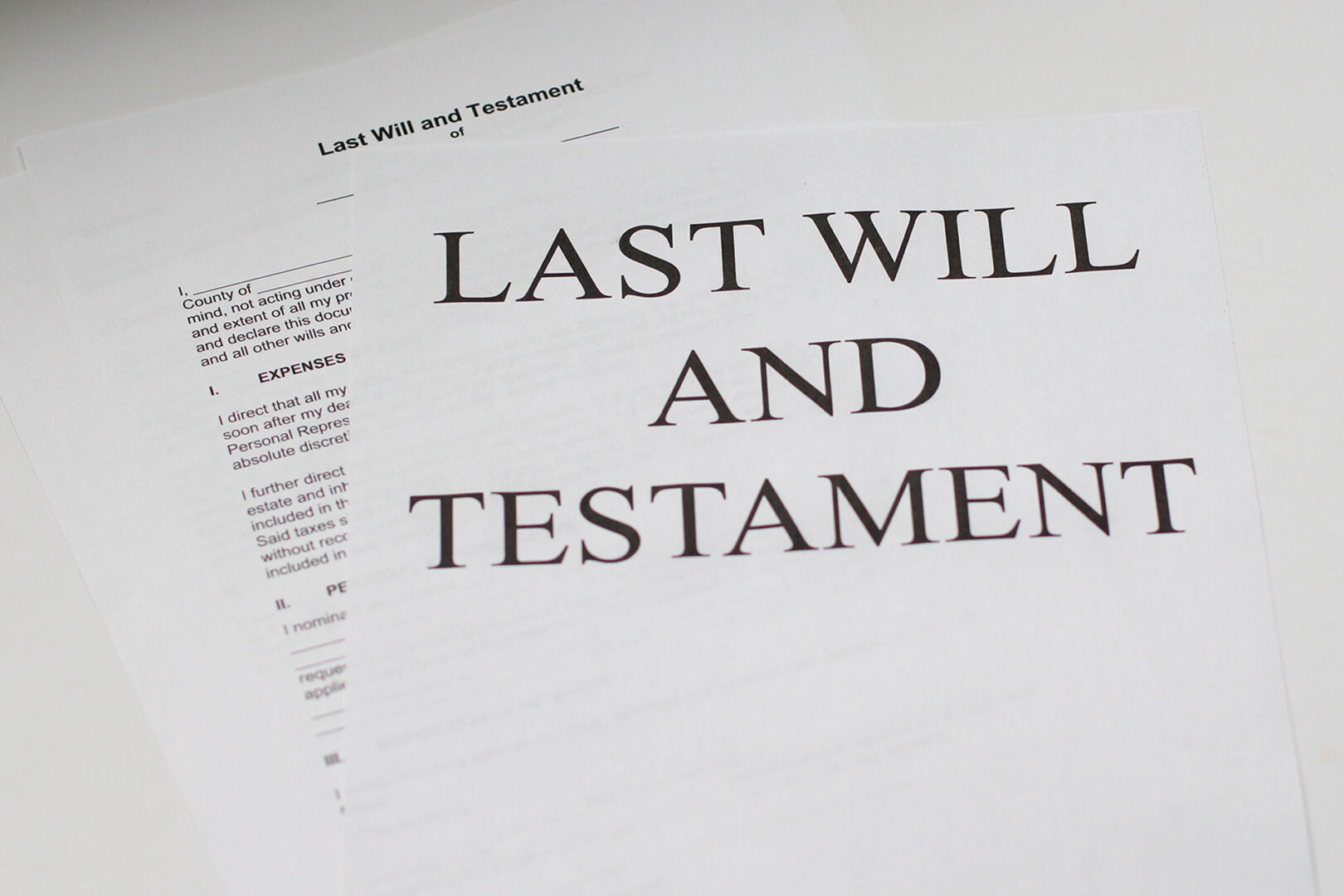 Let’s start with a short case study… a very sad and unnecessary scenario:
Let’s start with a short case study… a very sad and unnecessary scenario:
A client’s domestic partner died in an automobile accident. They had been together for eight years and at the time of his death, she was three months pregnant. The house, car title, and bank accounts were all in his name only. He had a life insurance policy at work and a 401k retirement account, but his original beneficiary, his sister, was still listed on both. He always talked about adding her name to the house and bank accounts and making her his beneficiary, but time flew by and these items were never at the top of their to-do list. They were young and healthy, barely into their thirties, and now that they were going to be parents, figured they’d get around to making a will and cleaning up these items after the baby was born.
By the intestacy laws of Virginia, their child will be entitled to inherit 100% of his estate. But in the meantime, she doesn’t have access to anything owned by her domestic partner. The family demanded that she leave the house and have changed the locks. She doesn’t know what they might be doing with his and her personal property. She has no access to the bank accounts or money. She is not entitled to a copy of the death certificate, so can’t qualify as the administrator of the estate. She now has no choice but to retain an attorney. It will take time and it will be expensive, but her child’s future is at stake.
If her partner had a simple will stating his wishes for his partner and children, as well as a transfer on death deed and up-to-date beneficiary designations, there would be no issues. But now, instead of going through the grieving process and planning for the birth of their child, she’s hiring an attorney and going to court with the hope that a judge and the law will help her straighten out this mess.
How to Ensure Your Partner is Protected
The belief that living together as domestic partners for at least seven years constitutes a “common law” marriage is a myth. Only fifteen states and Washington, D.C., recognize common law marriages and the Commonwealth of Virginia is not one of them.
Although unmarried couples do not receive federal protection like married couples, documents can be created to provide some of those same protections. If you are in a committed relationship but not legally married, and especially if you have children together, you need to take certain steps to protect your partner. Otherwise, blood relatives, such as parents, children from previous marriages and/or relationships, and siblings, may have rights to exclude your partner from inheriting your property.
If you want your partner to inherit your assets, you should consider these steps:
- Write a will naming your partner as an heir to whatever property you would like him or her to have.
- Name your partner as the beneficiary on all retirement accounts and life insurance policies that you want to pass to him or her. It is important to make sure and change the beneficiary designation on those policies and accounts you had in place before the relationship began.
- Structure ownership so that property passes to your partner. “Joint tenants with right of survivorship” or a Transfer on Death Deed will accomplish this goal.
- Establish a trust to pass property to your partner in a tax-efficient way. Spouses can transfer assets to each other tax-free, but unmarried partners cannot.
In a will, you can leave property you don’t think of or don’t yet own, such as a house you inherit later from your grandfather. Any property not specifically bequeathed goes into the “residuary” estate which covers all property not left to a certain person. You can name your partner as the residual beneficiary so he or she gets that property. A will allows you to designate a personal guardian for any minor children, and to name an executor to control the property distribution and handle the administrative and court duties.
Schedule your free meeting with our team today to see if our Lawyers can help you.
Consult an estate planning attorney
Just because you choose not to marry, does not mean that your wishes should not be kept when you pass away. It is important to consult with a knowledgeable estate planning attorney with experience working with domestic partners. Your attorney will walk you through the necessary steps that need to be taken to protect both your partner and your estate in the event of your death and draft the appropriate documents to make sure your wishes are fulfilled.
About Melone Hatley, P.C.
Melone Hatley, P.C. is a general practice law firm based in Reston and serves the Northern Virginia area. Our practice areas include Family Law, Divorce and Special Needs Children, Traffic Ticket Defense, DUI/DWI Defense, and Trust and Estate Law. Our philosophy is to provide all of our clients with the highest quality legal representation, innovative legal solutions, and unsurpassed dedication to customer service. Through our high standards, we strive to be a trusted resource to our clients.
We know from experience that a successful attorney-client relationship depends on our ability to understand your needs and objectives. For more information about domestic partnerships, wills, trusts, and our family law practice, contact our office today at 703-995-9900 or reach us through our contact page.
Schedule a call with one of our client services coordinators today.




